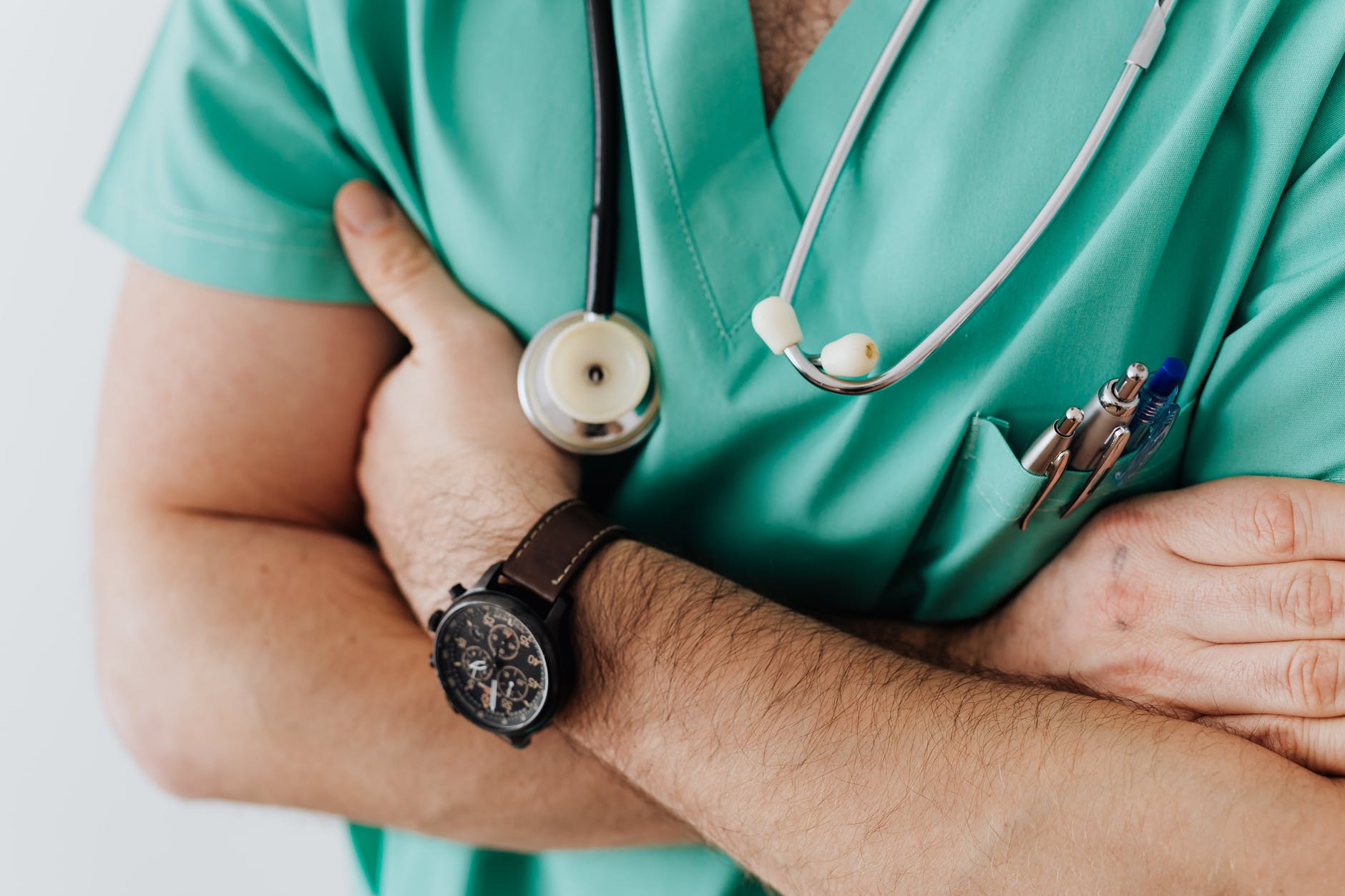Category: Eating Disorders Awareness Week
-

A BED Post blog special for EDAW 2022
Why eating disorder training for doctors is so important: a patient’s perspective As I type this, Eating Disorder Awareness Week has not even started. Yet there are already arguments on social media about this year’s campaign, which aims to increase training on eating disorders in medical schools. It is not my intention here to contribute…